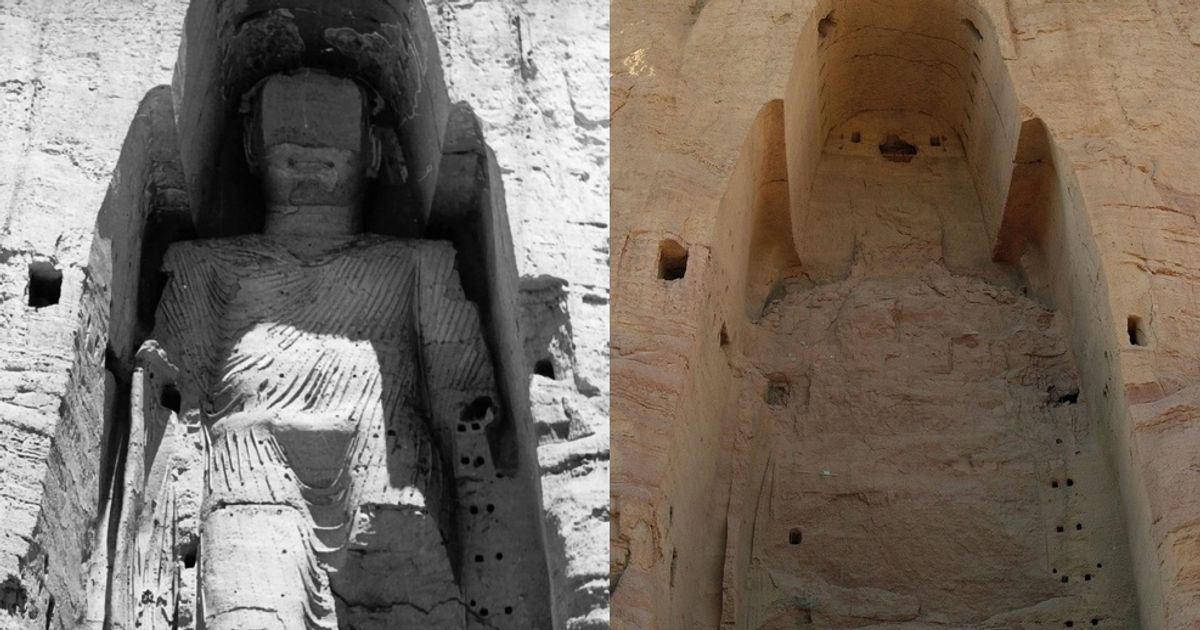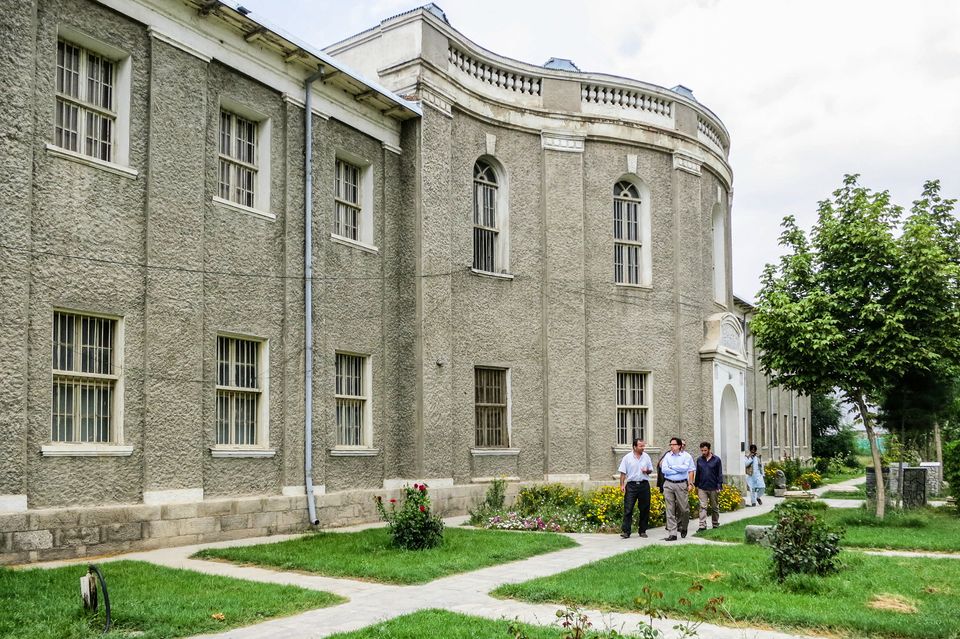
The Art Newspaper today spoke with a museum curator with a deep knowledge of heritage in Afghanistan. He is among a handful of the best-informed Westerners who have close contacts with curatorial colleagues at the Kabul Museum. Our source is in almost daily contact with them. In the current highly sensitive situation, just hours after the Taliban seized control of the capital, he talked with us frankly, but preferred to do so on an anonymous basis.
TAN: It is now 20 years since the Taliban used explosives to destroy the two Buddhas of Bamiyan. Is there now a similar threat?
Curator: Do leopards change their spots? One only has to look at the command structure of the Taliban and their supporters to feel that there won’t be much of a change from 2001—and it might well be worse.
TAN: The National Museum, on the outskirts of Kabul, is by far the most important repository of Afghanistan’s archaeological heritage. How well is the collection protected?
Curator: In the past few months museum staff have been taking objects off display, packing them and putting them in secure locations. But it is not prudent to say more.
TAN: You say locations in the plural, so I assume the collection has been dispersed to several places, and much of it is now off the premises of the museum.
Curator: Yes. All museums have disaster plans—and these plans are revisited in the light of disasters. The Kabul Museum was severely damaged by rockets during the Civil War in 1994. In 2001 the collection suffered terrible iconoclastic destruction by the Taliban. I can reassure you that the Kabul Museum has a well-organised disaster plan.

TAN: What is the situation with archaeological sites?
Curator: Tragically, most archaeological sites have already been damaged almost beyond belief from looting, beginning in the 1960s and continuing until recently. Much of the archaeological landscape has simply gone. Many of the Buddhist monuments were dynamited in 2001, partly in search of portable antiquities to loot.
TAN: The Taliban issued a statement in February promising that they will respect heritage. Can we believe this?
Curator: Let us hold them to their word. That is where war crime tribunals have teeth. In the short-term, culture will hopefully not be destroyed, but it is the medium- and long-term effects on society which particularly worry me. Depriving a society of culture will damage an already traumatised nation, which was only just starting to see the benefits of a generation of exposure to culture. That sense of hope has just been crushed. But history does have a cyclical effect and no government remains in power forever. The best we can hope for is that culture has been put to sleep in Afghanistan—and will awaken when the situation changes.
Source link : https://www.theartnewspaper.com/interview/afghanistan-museum-curator












